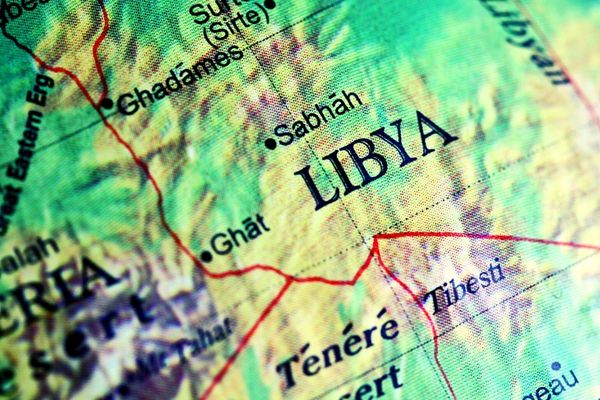Deadline: 12-Oct-2025
The World Food Programme (WFP) has launched a comprehensive food security initiative in Al Jufrah, Libya, aimed at supporting vulnerable populations through cash-based assistance and food vouchers.
This effort is part of WFP’s broader strategy to ensure access to essential food supplies while promoting dignity, flexibility, and local market engagement for affected communities.
At the heart of the initiative is a well-coordinated voucher-based system designed to facilitate access to food baskets via local retailers. Implementation begins with strategic planning sessions between WFP and its implementing partners to agree on beneficiary caseloads, timelines, and responsibilities. Retailers are carefully selected and contracted based on WFP’s criteria, ensuring they are capable of consistently providing quality food items.
Beneficiary management is central to the program’s success. Verified lists are used to update household-level data in line with WFP’s strict data protection policies. Each paper voucher is issued with a unique identifier—either a serial number or QR code—ensuring traceability and preventing misuse. Beneficiaries are also engaged in sensitization sessions to understand project objectives, redemption procedures, and how to report grievances through complaint and feedback mechanisms.
Voucher distribution is conducted at pre-agreed sites under strict controls to ensure transparency, security, and proper crowd management. Partners coordinate with retailers to guarantee timely availability of food items and ensure outlets are clearly branded and accessible. Staff are deployed to redemption points to oversee the process, assist beneficiaries, and ensure compliance with identity verification procedures. Signed receipts from both beneficiaries and retailers confirm the distribution of the full food basket.
WFP also places strong emphasis on market monitoring and accountability. Regular price checks are conducted in non-contracted markets to track fluctuations that may impact food affordability or the sustainability of the voucher program. Retailer performance and supply chain challenges are assessed and addressed in coordination with WFP to maintain high service standards.
At the end of each distribution cycle, partners collect and reconcile all redeemed vouchers, receipts, and distribution records. A monthly reconciliation report is compiled, detailing the number of vouchers issued and redeemed, commodity volumes, discrepancies, and feedback from both beneficiaries and retailers. This report is submitted to WFP within five working days, ensuring continuous oversight and transparency.
To uphold accountability and community engagement, beneficiaries are encouraged to use WFP’s established Complaint and Feedback Mechanism. Additionally, they are informed of their rights regarding data privacy and the ability to update their personal information. Implementing partners are required to provide well-trained staff and adhere to WFP’s guidelines on protection and data confidentiality.
Through this initiative, WFP not only improves food security in Al Jufrah but also supports local markets, promotes community participation, and reinforces transparency in humanitarian assistance delivery.
For more information, visit UN Partner Portal.
